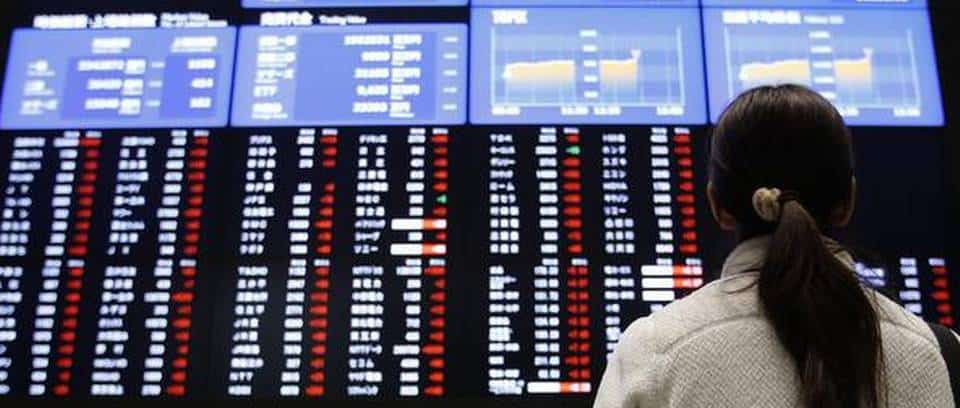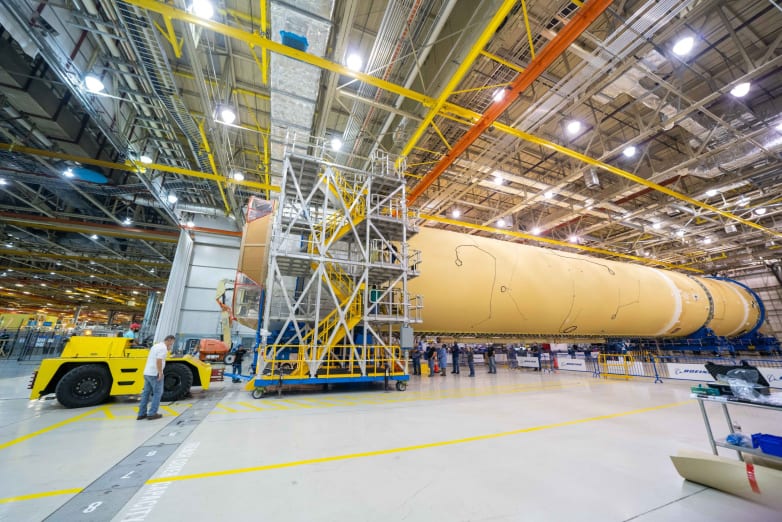
Japan’s Nikkei share average pared earlier losses on Wednesday, edging up, although gains were limited as the resignation of a key White House adviser raised fears of a global trade conflict, which hurt steel and non-ferrous metals sectors.
The Nikkei was up 0.1 per cent at 21,442.20 as of 0212 GMT in an unstable session, during which it went to as low as 21,201.94. “The Nikkei bounced, making futures-led gains, as speculators came in after seeing that index held up relatively well despite earlier losses,” said a dealer at a domestic brokerage. “There’s also speculation that public pension funds came in as buyers, enabling the index to rise.”
Of Tokyo’s 33 sub-sectors, 11 were in the red. Iron and steel fell 1.25 per cent and non-ferrous metals shed 0.45 per cent. These sectors underperformed, seen suffering if US President Donald Trump follows through with the threat of imposing tariffs on steel and aluminium imports. The resignation of top US economic adviser Gary Cohn, seen as a bulwark against protectionist forces within the Trump camp, was expected to give White House trade sceptics the upper hand.
Shares of defence equipment companies sagged after tensions in the Korean Peninsula eased amid a perceived thawing of regional tensions, following news on Tuesday that South Korea would hold its first summit with the North in more than a decade.
Ishikawa Seisakusho Ltd lost 16.6 per cent. Howa Machinery Ltd, which makes firearms as well as machine tools and construction equipment, plunged up to 18.3 per cent. Nippon Avionics Co, maker of command and control systems for naval vessels, retreated 4.1 per cent.




















